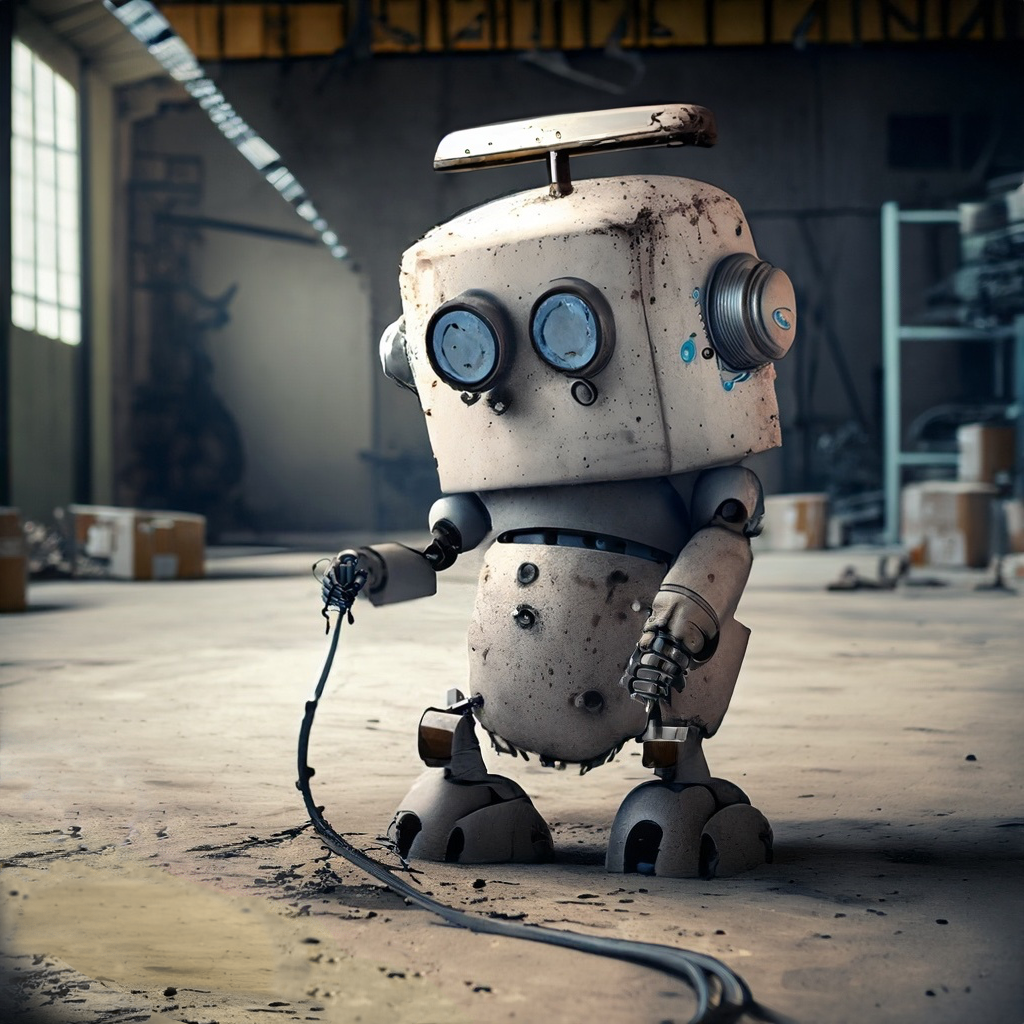Welcome to the Question Economy

I recently stumbled upon a video that raised an alarm about the imminent death of the knowledge economy. The presenter, quite convincingly, warned of AI’s impending takeover of our jobs, shattering the dreams of many who’ve poured their lives into acquiring expertise or pursuing knowledge-based degrees. This narrative, though scarily compelling, misses the mark.
It’s not about the death of the knowledge economy; instead, it’s a metamorphosis. An evolution catalyzed by AI, from an answer-driven economy to a question-focused one. Answers are easy to come by in today’s data-driven age. The real art is in asking the right questions, the kind that pave the way for innovation, discovery, and progress. This transition has actually been underway for decades as the great electric internet has become the go to encyclopedia of our time, just needing the right question.
Think about it. Providing an answer is the final act, wrapping up a line of inquiry. However, when we ask a question, we open up a world of possibilities. It’s not a full stop but a doorway to a new dimension of understanding. Questioning takes us on a journey, steering our thoughts, and igniting fresh perspectives.
And that journey is a challenging one. Crafting an insightful, thought-provoking question requires much more than a mere Google search can offer. It calls for creativity, time, and an intimate understanding of the topic at hand. As the French philosopher Voltaire once said, “Judge a man by his questions rather than his answers.”
The importance of questioning is not just philosophical conjecture, but also backed by research. According to an IBM survey involving 1,500 CEOs worldwide, creativity, which is the core of insightful questioning, is pegged as the top leadership competency for the future. Harvard Business School also echoed similar sentiments, concluding that individuals who ask more and better questions were not only seen as more competent but were also more capable of generating unique insights.
The implications of this shift are profound, especially for businesses. In a landscape where AI tools can provide answers at the click of a button, businesses will find more value in employees who ask innovative questions. It’s not about replacing humans with AI; it’s about creating a symbiotic relationship where humans use AI to free up their time from routine tasks, enabling them to focus on deeper, more meaningful questions.
This shift will undoubtedly affect hiring criteria. Traditional measures of ‘knowledge’ will give way to the ability to discover, to ask, to question. It’s not about having the answer anymore; it’s about finding the key that will unlock the door to the answer – the right question.
While certain traits such as open-mindedness, creativity, and adaptability may prove beneficial, the most crucial factor is fostering a culture of curiosity and inquiry. Encouraging questions, no matter how naive or profound, will lead to a more innovative and dynamic workplace.
AI, in this context, is a game-changer. It’s not the harbinger of doom but a catalyst for transformation. It’s here to take on the commoditized activity, allowing humans to engage in more complex, creative, and critical thought processes. AI tools can give us data, but it’s our human ability to interpret that data, see hidden patterns, and ask ‘why’, ‘how’, and ‘what if’ that will truly drive innovation.
Far from heralding the end of the knowledge economy, AI signals a paradigm shift. As we transition from an answer-based to a question-driven economy, we should not fear AI but leverage it. As knowledge experts, we maintain our value not by having all the answers, but by knowing the right questions to ask. Because in this brave new world of AI, the most prized asset is not the answer itself, but the ability to ask the right questions.
